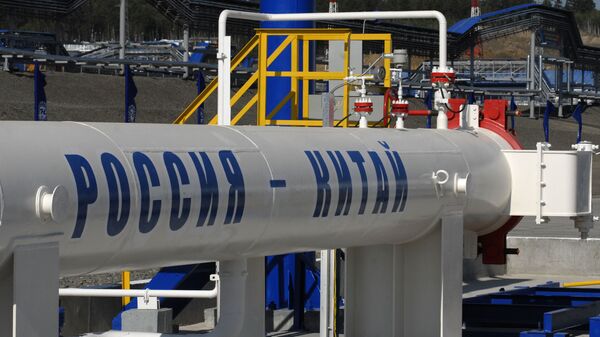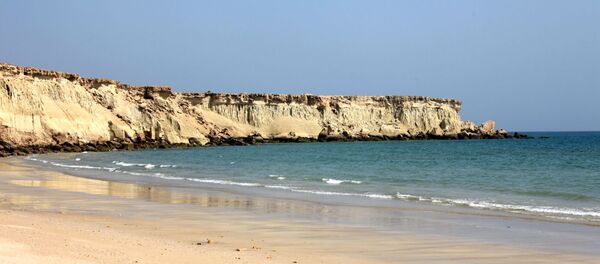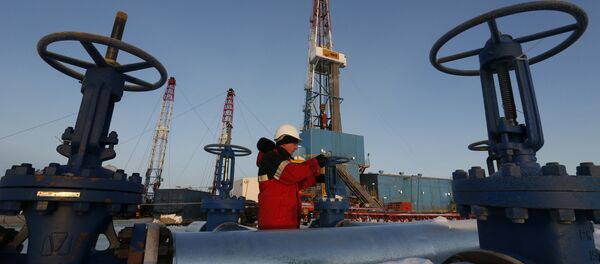According to data from Bloomberg, since May 2015 Russia's monthly supplies to China have exceeded those of Saudi Arabia seven times.
Saudi Arabia has traditionally limited its sales to established refiners with excellent credit ratings, able to commit to long contracts.
However, China's smaller, independent refiners are gaining in market share, after the Chinese government began allowing smaller refiners to process imported crude in February 2015.
Teletrade analyst Alexander Yegorov told Russia's Izvestiya newspaper that China's Qingdao port is an important terminal for these smaller refiners, known as "teapots." He said Qingdao is easily accessible from the Kozmino port in Russia's Far East, which has an annual capacity of 30 million metric tons and is used to ship oil transported via the Eastern Siberia–Pacific Ocean oil pipeline.
"Russian exporters have a logistical advantage: (they provide) oil shipments via the Eastern Siberia pipeline, from the port of Kozmino to Qingdao. There is also the possibility of increasing exports by rail," Yegorov said.
In June Rosneft CEO Igor Sechin told Rossiya 1 that the company intends to continue the supply of around 40 million metric tons of oil to China each year, and is working on expanding its client base by developing new delivery routes.
"We are not considering reducing our deliveries," said Sechin, explaining that Russia faces competition from Saudi Arabia, Qatar, Iraq and Iran in the Chinese market.
"We are going to maintain the agreed amount, which is approximately 40 million tons (per year). Russia is exporting huge amounts," Sechin said.
In addition to independent "teapot" suppliers, Russia continues to supply larger state-owned enterprises such as China's National Chemical Corporation (ChemChina).
In June Rosneft signed a new one-year contract to supply ChemChina with up to 2.4 million metric tons of crude oil between August 2016 and July 2017. According to the terms of the deal, ChemChina will take a 40 percent stake in Rosneft's planned VNHK petrochemical complex in Russia's Far East.



